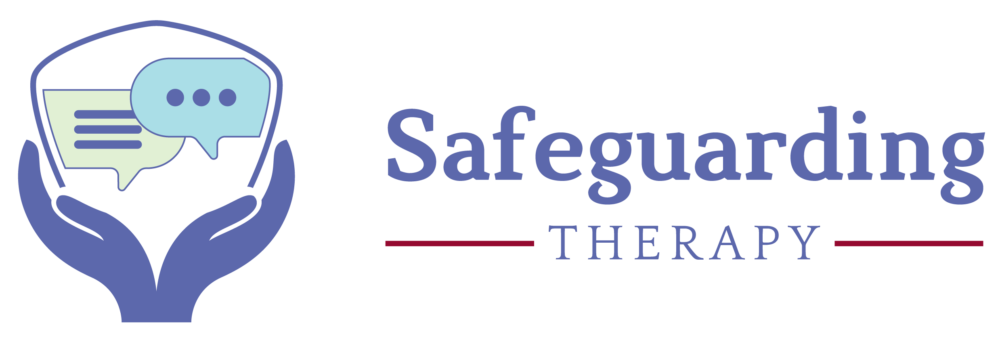
Do I Need a Therapist, Life Coach or Just a Friend?
We’ve all been there. Life gets overwhelming, and you know you need support—but who do you call? Where do you turn?
A quick internet search pulls up thousands of options at your fingertips… therapists, life coaches, healers, support groups—so many choices that you might just want to phone a friend and call it a day instead.
“It’s tricky because therapy, coaching and friendship all have their place–and understanding their roles can save you frustration (and maybe even a friendship).”
Let’s break it down.
When Therapy Is the Best Move
Therapy is usually where I would start. It’s the foundation for understanding who you are and why + helps identify growth opportunities.
We don’t know–what we don’t know, so having a trained professional help you figure out what needs healing, guide you through processing emotions/trauma, and offer non-judgmental support can be invaluable.
Therapy might be your best bet if:
- You’re struggling with anxiety, depression, or past trauma that won’t let go.
- You keep running into the same emotional roadblocks.
- You want to release what no longer serves you, but don’t know how to do that on your own.
- You need a space to talk without feeling like a burden or fearing judgment.
- You want to understand yourself better and break unhealthy patterns.
Therapists are trained to help you navigate, understand and process the deep stuff. If you’re feeling stuck in pain, confusion, or old wounds, therapy is hands down the best place to start.
When a Coach Can Help
Coaching is all about action. It’s for when you’ve done the inner work (or at least started) and want resources, tools, strategies and accountability to level up.
A coach might be a great fit if:
- You have big goals but need direction and accountability to reach them.
- You feel frustrated and need someone to help you get clear on your next steps.
- You want to improve confidence, leadership, or just how you show up in life.
- You’re ready to move forward instead of revisiting the past.
“Trauma-informed coaches can be incredibly helpful, but there’s a fine line between coaching and therapy.”
A therapist or a coach can offer unique benefits, but if deep trauma is still affecting your daily life, working with a licensed therapist may be the best first step before diving into alternative approaches.
Coaching can be a powerful tool when you’re ready to take action—just make sure the person you’re working with has the right experience and ethical approach to support your growth without overstepping into therapy territory.
Why Friends Should Stay Friends
Friends are amazing supporters—they’re easy to talk to, they listen and laugh with you, and they remind you that you’re not alone. But here’s the thing: they’re not therapists, and they shouldn’t have to be.
A good friend is great for:
- Venting when you just need to get something off your chest.
- Emotional support and shared experiences.
- Giving advice from a place of love (even if it’s not always the most objective).
A better approach?
“Surround yourself with friends who are also growing.”
That way, you can support each other, share resources, tools, and ideas—without relying on each other to unpack your deep-seated childhood traumas.
Who Do You Call?
Knowing who to turn to (and when) makes all the difference in feeling truly supported without putting too much weight on one person or relationship.
If you’re not sure where to start, ask yourself:
- Do I need to process past pain and emotions in a non-judgmental space? Am I wanting to FEEL better?
→ Therapy is the best choice.
- Am I looking for structure, strategy, and accountability for my goals? Am I wanting to DO better?
→ Coaching could be a great fit.
- Do I just need to talk and feel supported? Am I wanting to build CONNECTION?
→ A friend can be there for you—but with boundaries.
The good news is, it doesn’t have to be one or the other—we can say YES to all of them!
Each option plays a unique role, and together, they create a strong support system that helps us grow, heal, and thrive.

